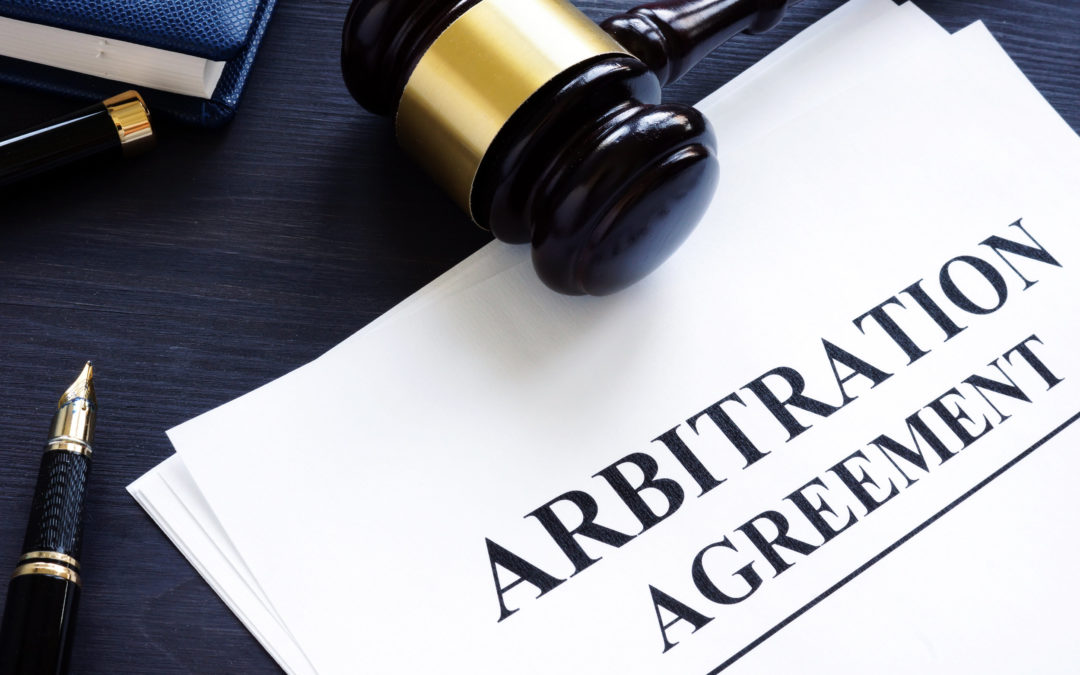Employee activism at Google led to the corporate giant announcing on 11/8 that it is changing its mandatory arbitration policy for employees who report sexual harassment claims. And, one day later, Facebook made a similar announcement ending forced arbitration.
#MeToo Drives Employees to Fight for Change
The Google decision (and likely the Facebook decision that came on its heels) came just one week after more than 20,000 Google employees participated in a walkout protesting the company’s treatment of harassment claims. In addition to calling for an end to mandatory arbitration claims, the Google workforce also asked the company to install an employee on the company’s board and make its internal sexual harassment report public.
While the company declined to address all of the employee demands, CEO Sundar Pichai reiterated the company’s commitment to taking sexual harassment claims seriously. In his open communication to staff, Mr. Pichai stated that the company would also revise its harassment and assault reporting policies, implement consequences for employees who fail to complete mandatory sexual harassment training, and be more transparent with employees about reported incidents of sexual harassment.
Spotlight on Forced Arbitration
The forced arbitration provisions, included in Google workers’ employment agreements, required employees who complained about workplace sexual harassment to agree to participate in private, confidential arbitration with the company rather than being permitted to air their grievances in a more public forum. These types of clauses have come under increased fire over the past 12-15 months in all contexts, but particularly as they relate to alleged victims of sexual harassment. The #MeToo movement has raised concerns that mandatory arbitration provisions are weighted too heavily in favor of employers, protecting them from publicity while limiting employees’ recourse.
The Google and Facebook policy changes come in the wake of Microsoft, Uber, and Lyft also recently doing away with forced arbitration for sexual harassment.
Activism Isn’t Limited to Current Company Employees
In a related matter that is still developing, law students are also banding together to demand the elimination of forced arbitration clauses in major law firms across the country.
A group of Harvard Law students who exposed the widespread use of mandatory arbitration for summer associates by law firms last year, and this fall pushed Harvard Law to address its role in the elevation of Brett Kavanaugh to the U.S. Supreme Court, found and publicized the contents of law firm Kirkland & Ellis’ employment agreement, which includes mandatory arbitration for employees who allege they were victims of sexual harassment.


Recent Comments